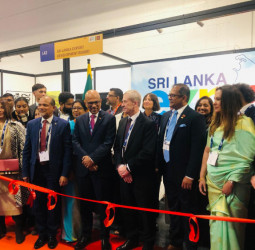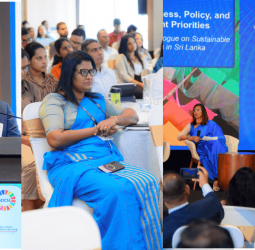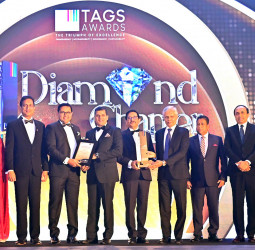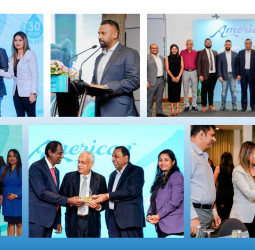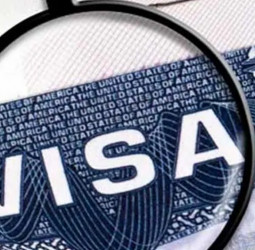A new sustainability initiative is set to enhance the resilience, competitiveness, and global standing of Sri Lanka’s apparel sector. The Improving Transparency for Sustainable Business (ITSB) programme, jointly launched by the Global Reporting Initiative (GRI) South Asia, the Sustainable Development Council (SDC) of Sri Lanka, Sri Lanka Export Development Board (EDB) and the Joint Apparel Association Forum (JAAF) of Sri Lanka, aims to embed world-class ESG reporting practices across the country’s most vital export industry.
Backed by the Swedish International Development Cooperation Agency (SIDA), the ITSB programme in South Asia focuses on building long-term capacity across textile and apparel companies—spanning both large multinationals and small and medium-sized enterprises. Participating companies will receive training on how to use the globally recognised GRI Standards to report transparently on key sustainability topics including labour practices, climate impact, energy use, economic impact, and waste management.
Beyond businesses, the initiative will be closely working with important national and international actors, covering regulators, investors, industry bodies, worker groups, media, and academia. The full-day inaugural capacity building session took place on 16 July 2025 at Courtyard by Marriott Colombo, with senior representatives from the public and private sectors in attendance, including EDB Chairman Mangala Wijesinghe, JAAF Secretary General Yohan Lawrence, and SDC Director Jeevanthie Senanayake. Rahul Singh, Senior Manager, South Asia, GRI, commented on the significance of the programme: “ITSB is designed to elevate sustainability practices and transparency across South Asia’s textile and apparel sector, positioning it for long-term resilience, profitability, and global leadership.
Through this multi-year initiative, we aim to foster a dynamic and inclusive platform that brings together key stakeholders across Sri Lanka’s textile and apparel sector. Adopting the GRI Standards – the world’s most widely used sustainability standards, does not only elevate corporate transparency but also strengthens investor confidence, international positioning, and regulatory preparedness—contributing to a more transparent and future-ready economy.” The programme aligns with Sri Lanka’s Action Plan to Develop Inclusive and Sustainable Business Capacities, developed in partnership with the UN ESCAP, Ministry of Industries, and SDC. It comes at a time when global buyers are increasingly prioritising traceability and ethical sourcing, with emerging regulations such as the EU’s Corporate Sustainability Due Diligence Directive (CSDDD) reshaping international trade.
Highlights from the session included an exclusive preview of the draft GRI Textiles and Apparel Sector Standard (2025), interactive workshops on materiality and stakeholder mapping, and a highlevel roundtable on aligning ESG with business, policy, and investment priorities. Notably, the ITSB initiative is set to expand to India and Bangladesh later this year, making Sri Lanka’s textile and apparel industry an early mover in the region.
With apparel accounting for over 40 percent of Sri Lanka’s total export revenue and employing over 350,000 people, the ITSB represents a strategic step toward building a future-ready industry that is not just competitive, but consciously sustainable.


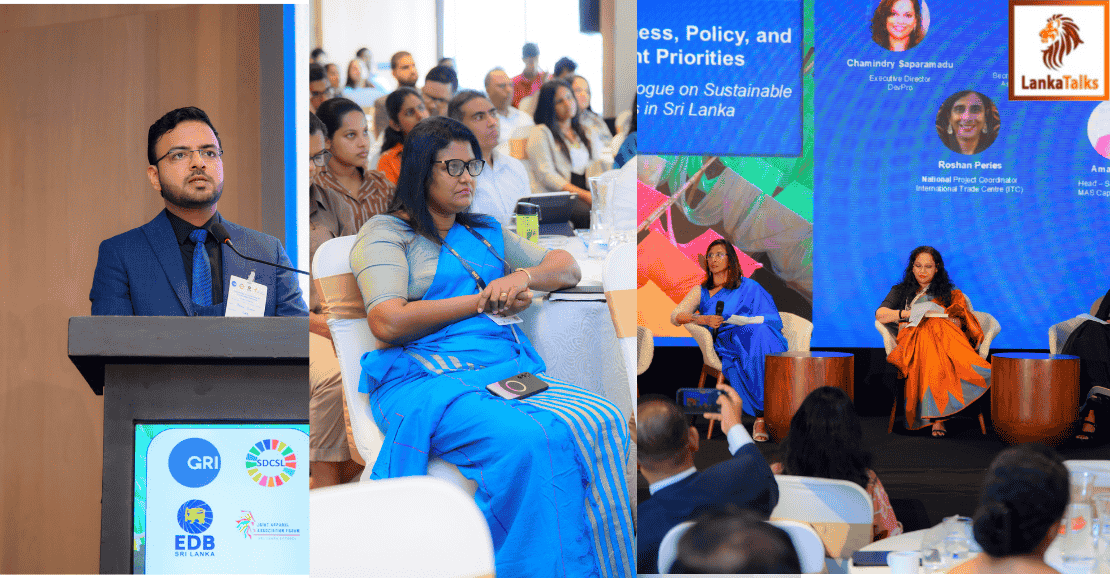
 Natasha
Natasha